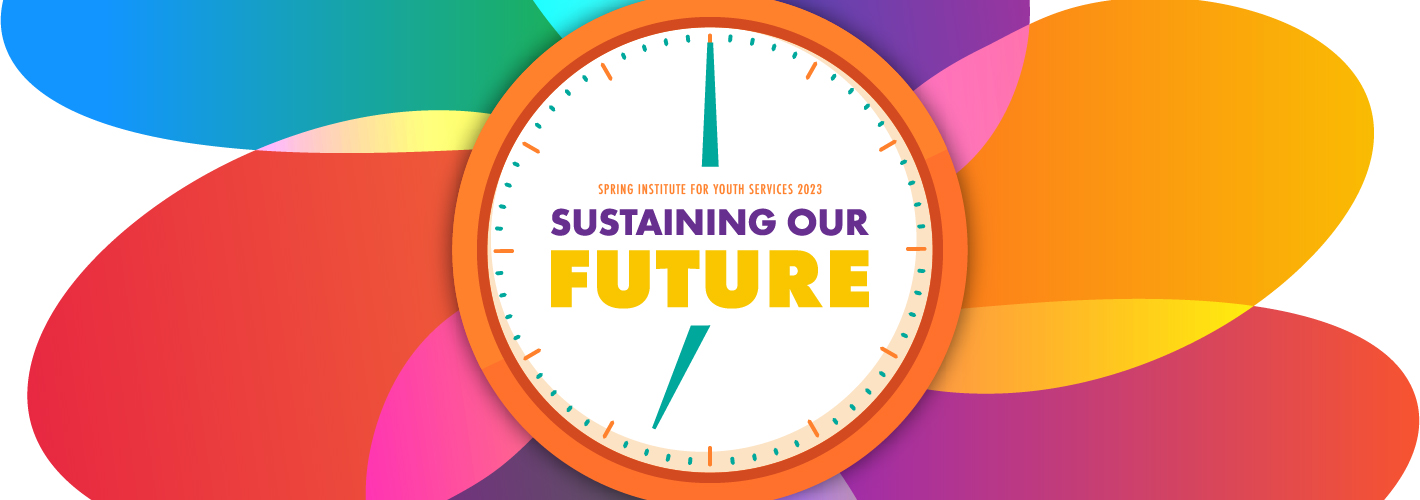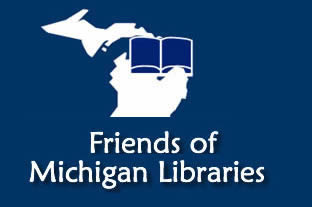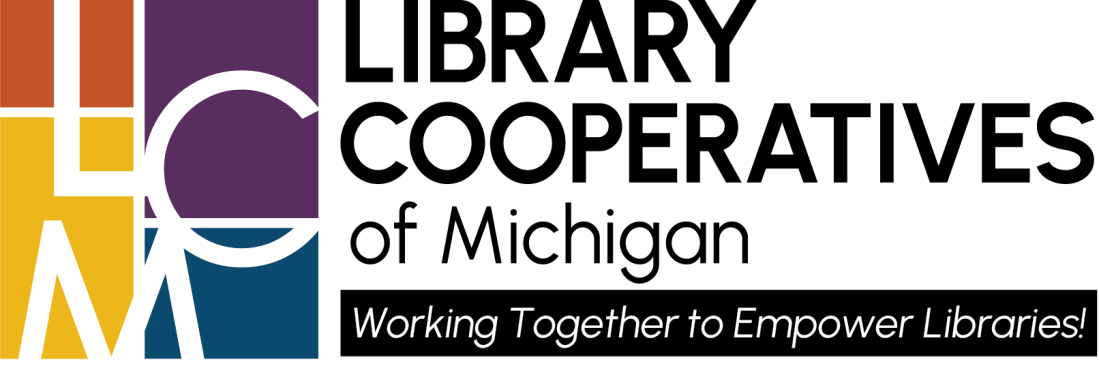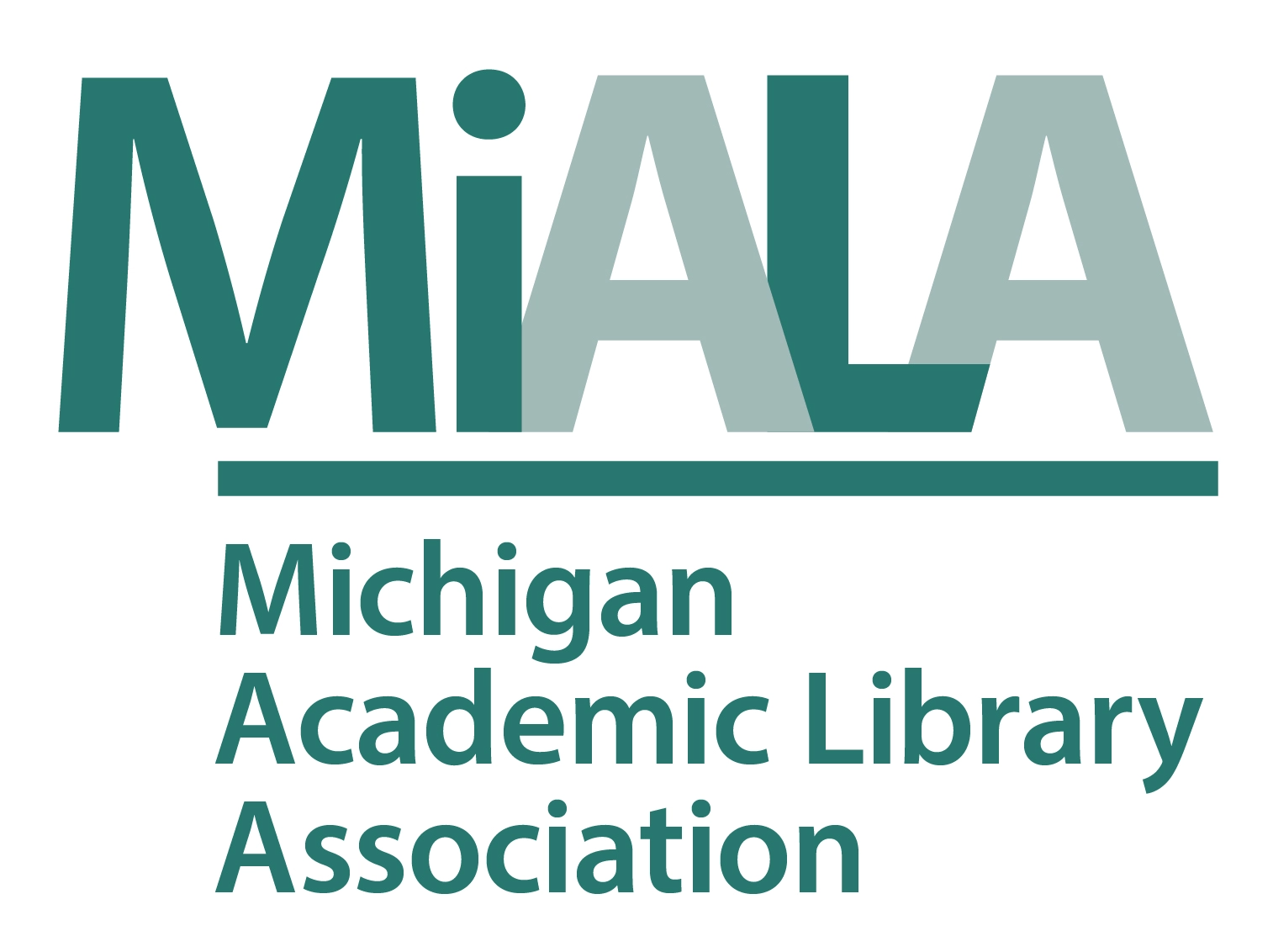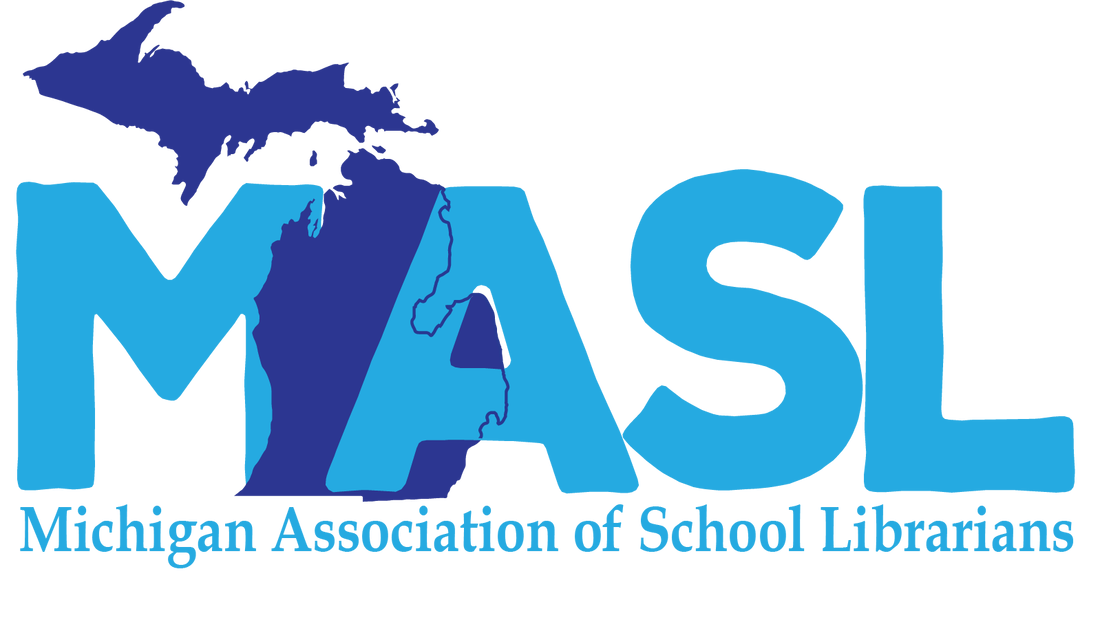- About
- Membership
- Education & Events
- Event Calendar
- Annual Conference
- Spring Institute for Youth Services
- Think Space
- Surviving and Thriving as a Public Library Director
- Leadership Academy
- Michigan Library Advocacy Day
- Youth Summit for the Right to Read
- Advocacy Hour
- MLA Connect
- MLA Connect On Demand
- Call for Proposals
- Vendor and Sponsor Opportunities
- Future Event Dates and Locations
- Programs & Services
- Advocacy
- News
- Job Board
 |
 |
 |
|
Spring Institute Home | SPRING Institute 2023 HOMe | FEATURED SPEAKERS | SPECIAL EVENTS | Breakout SESSIONS | LAND ACKNOWLEDGEMENT | SPRING INSTITUTE History
Spring Institute for Youth Services 2023 Land Acknowledgment & ResourcesLand Acknowledgment StatementTo recognize the land is an expression of gratitude and appreciation, and also a way of honoring the elders and native inhabitants, both past and present, who have lived and worked on the land, where today, as library professionals, we gather to learn and work together. We wish to recognize that the land the City of Ann Arbor occupies is the ancestral, traditional, and contemporary lands of the Anishinaabeg – The Three Fire Confederacy of the Odawa, Ojibwe and Boodewadomi; and the Wyandot Nation. We further acknowledge that the taking of this land was formalized by the Treaty of Detroit in 1807. Knowing this does not change the past, but we believe by examining our own place, abilities, and obligations to address reformative actions, this will empower us in our work to create a future that supports justice for all individuals. MLA is dedicated to improving community relationships and making our Association a more supportive and inclusive place for Native and Indigenous voices and perspectives. To show our commitment MLA will be providing a donation to the Sault Ste. Marie Tribe of Chippewa Indian Learning and Cultural Center. MLA will continue to recognize and support the sovereignty of Michigan’s Indian nations and Indigenous Peoples when we gather to learn and work together. ResourcesUniversity of Michigan Library Resource Guide: Indigenous Resources City of Ann Arbor Parks and Recreation – Early History Webpage Ann Arbor 49th Annual Dance for Mother Earth PowWow – March 25-26, 2023 at Skyline High School Additional Information, courtesy of the city of Ann Arbor website: Resources for hearing and learning Anishinaabemowin –the language spoken by the Anishinabae people—include brief introductions to the language to get you started –a few cultural precepts and some basic phrases or a template for introducing yourself to others. Spoken Anishinaabemowin and songs in the language can be heard at Ojibwe.net, which is also home to Miskwaasining Nagamojig (Swamp Singers), a women's hand drum group founded in Ann Arbor. There are also resources for learning more about the language of the Wyandot people. The Wyandot language, a member of the Iroquoian language family, had been dormant or sleeping with no living speakers since the second half of the 19th century. Since the 1970s and 1980s efforts have been made to awaken the language, and dialects are now (in 2022) being revitalized in several locations, including Michigan. Michigan Indigenous Cultural Centers Include: The Ziibiwing Center of Anishinabe Culture and Lifeways promotes the culture of the Saginaw Chippewa Indian Tribe and the Great Lakes Anishinaabek culture. Exhibits tell the story of the indigenous people of the Great Lakes region, and contemporary objects revitalize tribal traditions and teachings. The Nokomi Cultural Heritage Center is dedicated to preserving the history, arts, culture and language of the Great Lakes Anishinaabek culture. The Center offers programs, exhibitions and special events. The Potawatomi Heritage Center is part of the Hannahville Indian Community in Michigan and is open to the public. The Center offers cultural programs and events focused on revitalizing the Potawatomi language and heritage. |

